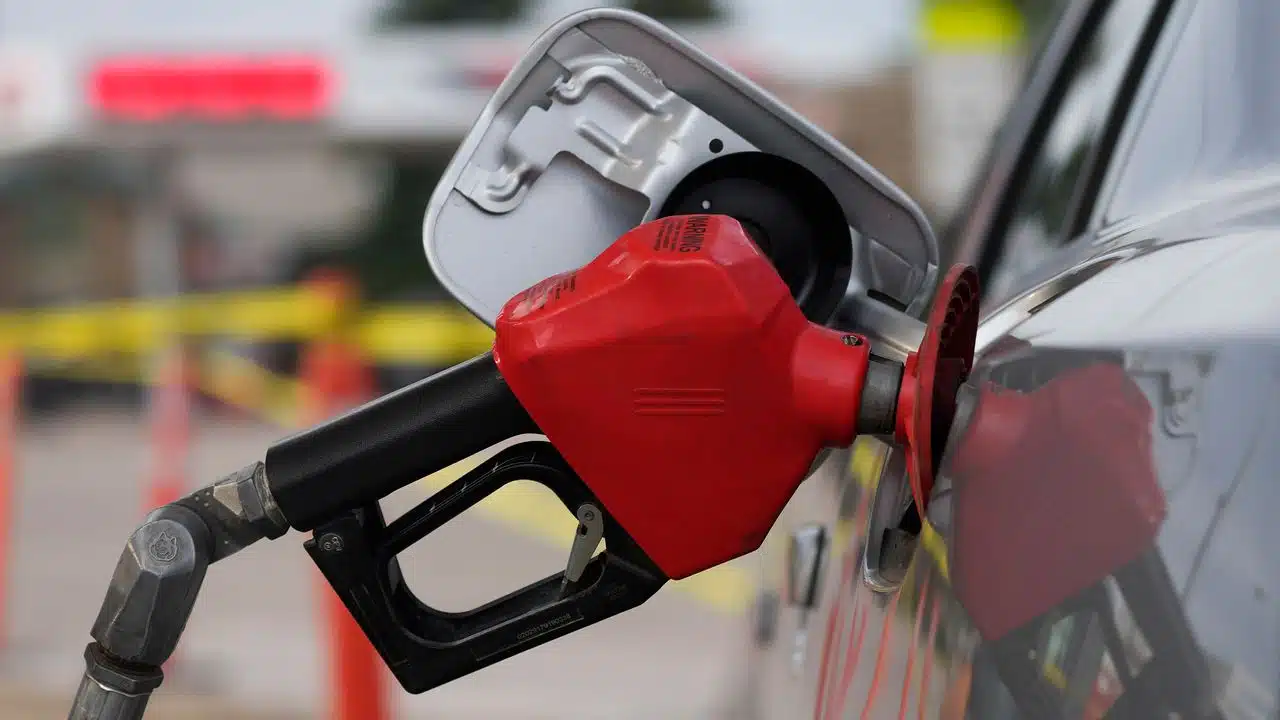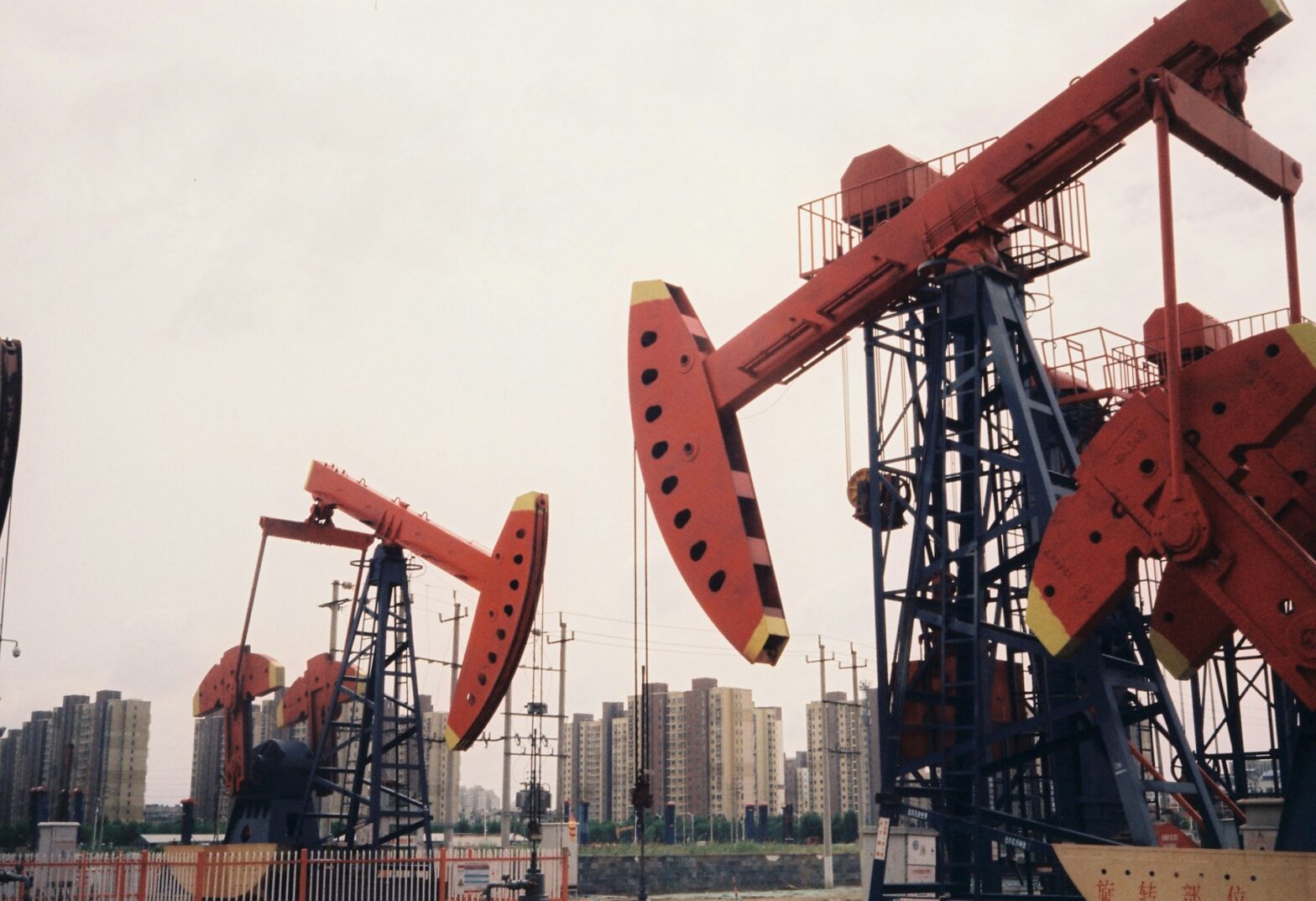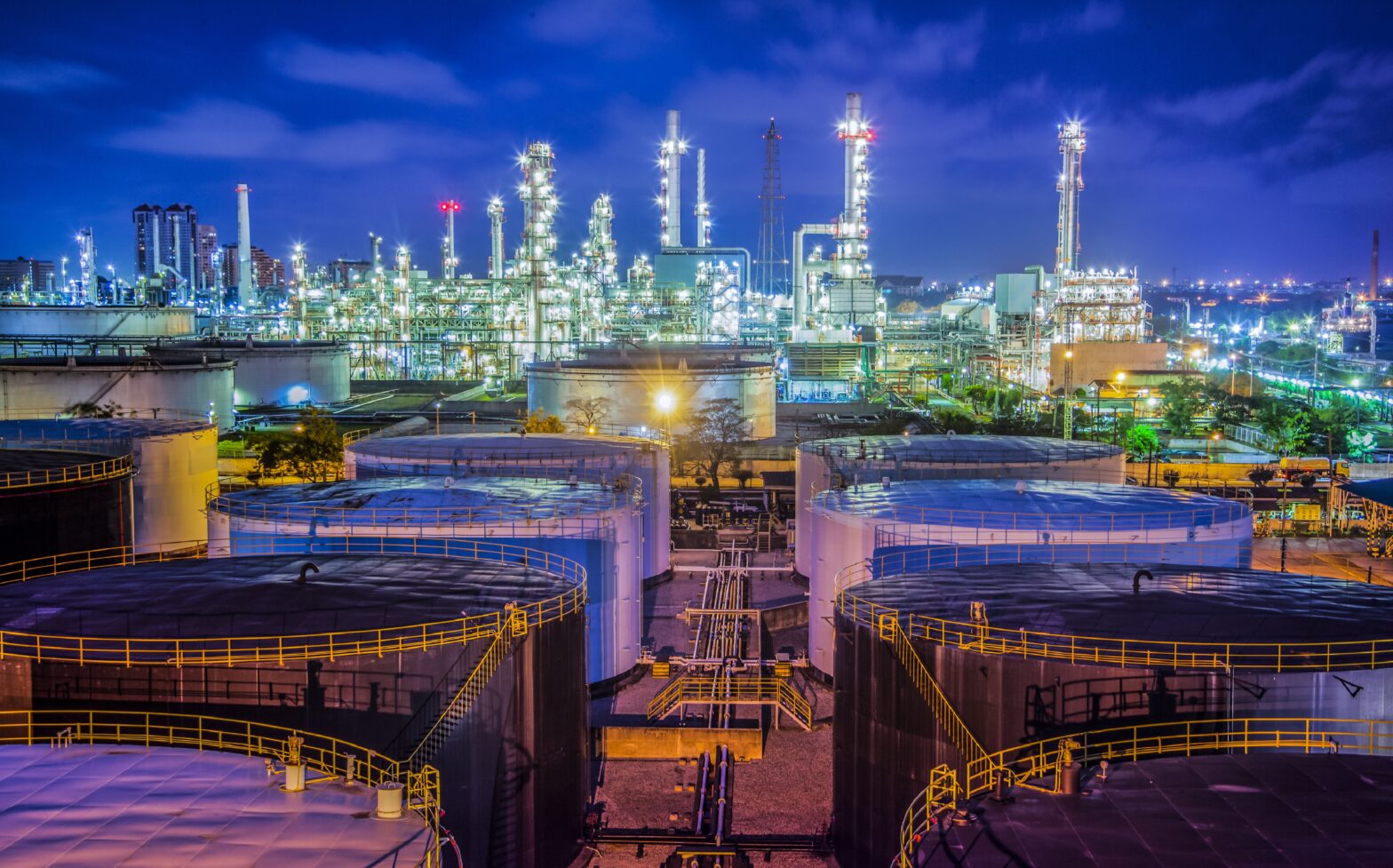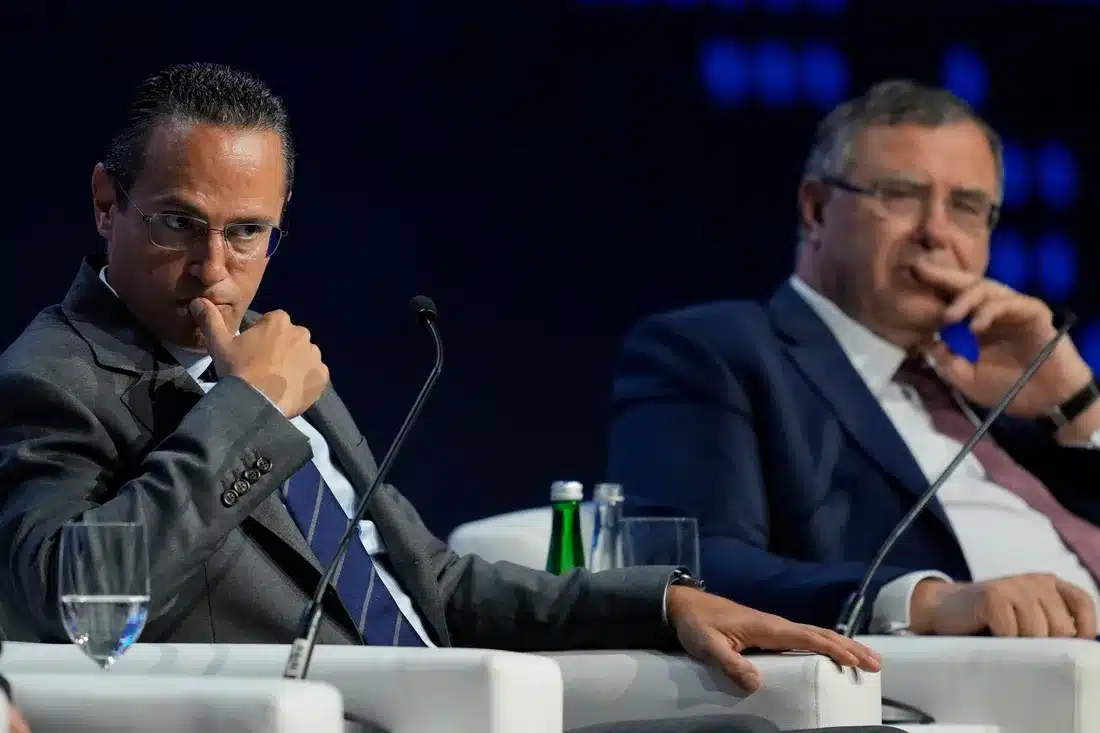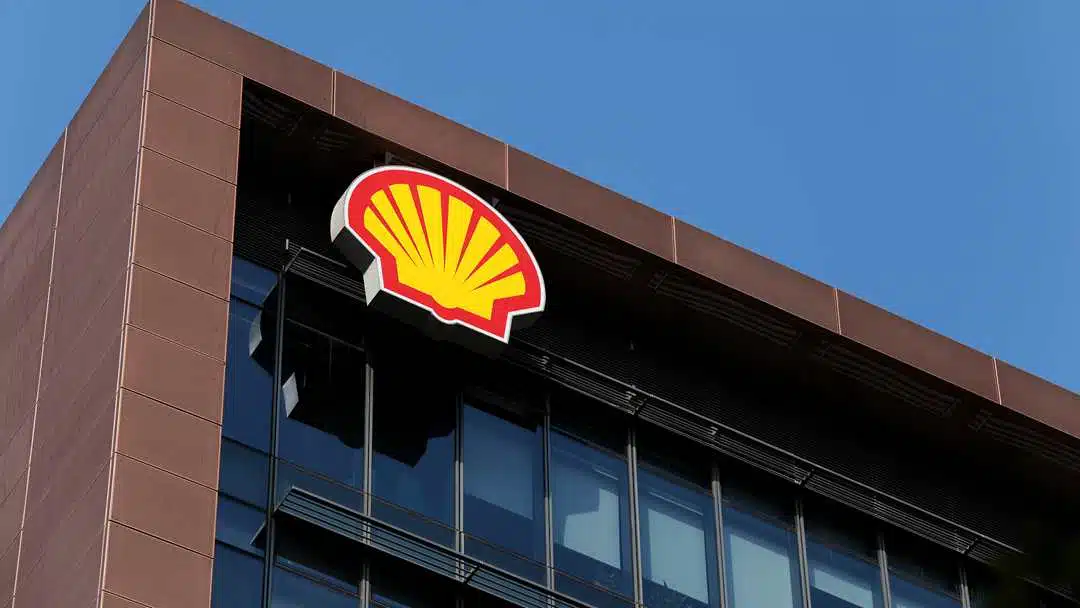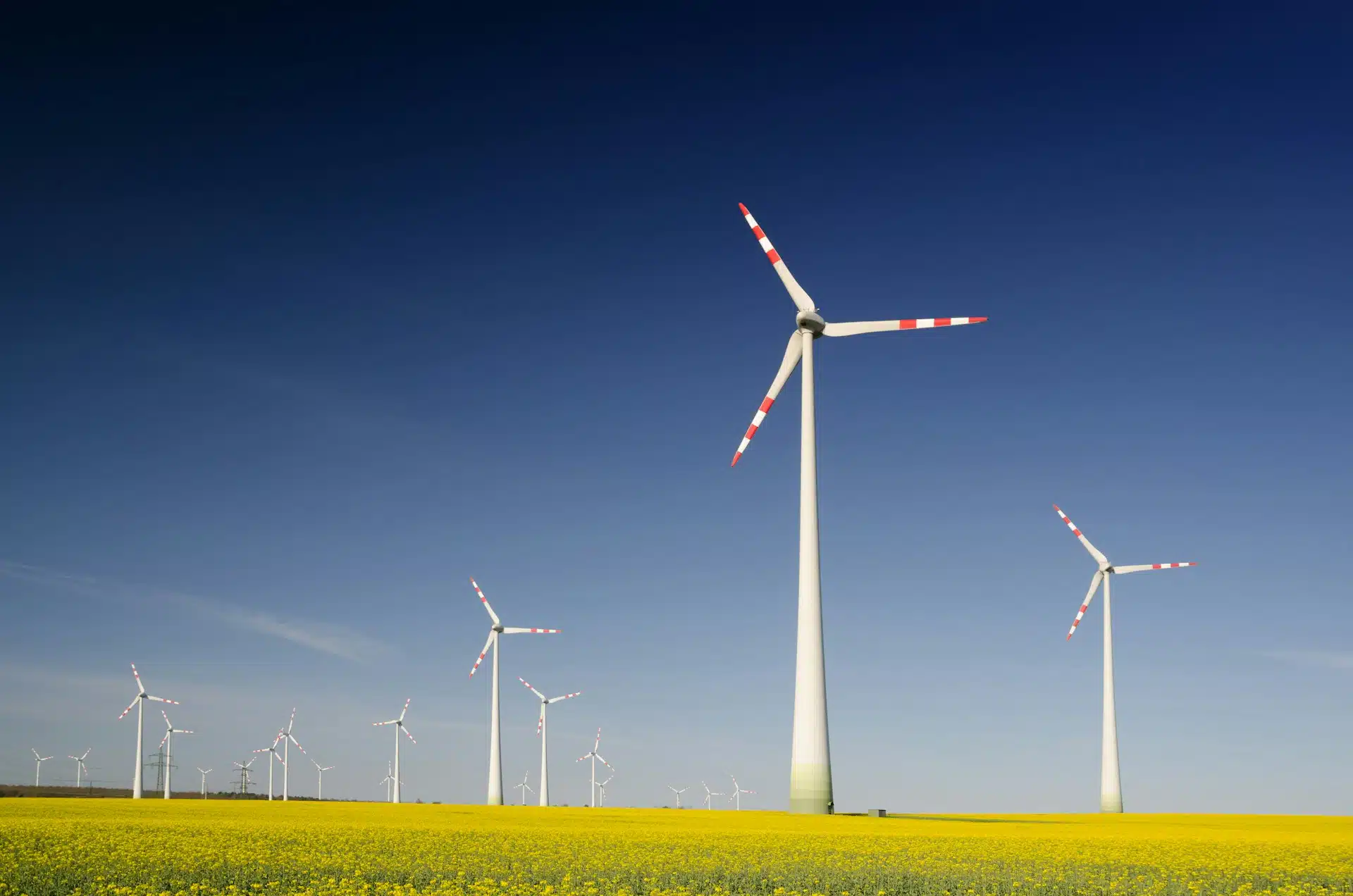The Nigeria’s oil and gas sector has been hit from multiple directions in the past few weeks, leaving the industry in a vulnerable position.
In the upstream, the sector was bashed by Trump’s erratic and unexpected tariffs, with shockwaves from the global market.
Nigeria, not insulated from global trade, was also hit directly with a 14% tariff by the Trump-led administration.
The impact of the tariff on the oil and gas sector will definitely have some long-term domino effects, as market conditions unravel in the coming weeks.
Beyond Trump’s aggressive tariffs on foreign trade, Nigeria’s oil was also exposed to a production cut reversal by the oil cartel, the Organization of Petroleum Exporting Countries (OPEC), which decided to release an additional 2.2 million barrels of crude oil per day into the global supply.
This increase in supply—widely attributed to pressure from the US government that the Saudi-led cartel slash the price of crude oil—evidently took effect, with Brent crude dipping below $60 on Tuesday.
Though at the time of this writing, the price has rebounded to around $65, the market sentiment still remains bearish.
For Nigeria’s upstream sector—whose investment drive, like most oil-producing nations, hinges on high crude oil prices—the picture seems bleak.
Moving on to the midstream, stories about pipeline explosions filled the news all through late March, with the Trans-Niger pipeline, the largest in the country, being the main focus.
The 450,000 bpd pipeline was blasted by non-state actors in the Niger Delta region of Rivers State.
The explosion, which led to a declaration of an unprecedented emergency rule by Nigeria’s president in the state, lasted for about 48 hours.
According to reports, the pipeline has resumed operations, with distribution activities back online to export terminals.
Perhaps the most shocking of all is the downstream sector, where the Nigerian government decided to abruptly end the naira-for-crude deal with Dangote Refinery and other local refineries.
The deal allowed the 650,000 bpd refinery to source crude from the state-owned oil company, NNPC Limited, in local currency—rather than the usual greenback that dominates the upstream sector.
Following the suspension, Dangote announced that its products would now be sold to retailers in foreign currency as well.
Needless to say, the price of petrol increased in Nigeria, sending another round of shockwaves through the system.
It’s important to point out that fuel prices had relatively reduced since the government initiated the naira-for-crude deal.
Given the policy’s positive effect on the price of the commodity—and by extension, Nigeria’s economy—the suspension attracted fierce criticism and outcry from the public.
Dangote slashed the price of his petrol products five times during the first phase of the naira-for-crude policy.
Now, the reverse seems to be the case—as both Dangote and the national oil company have raised prices at least once since the suspension.
Policy reenactment
Meanwhile, the federal government has now reversed its suspension, effectively reenacting the previous policy “indefinitely.”
According to the Ministry of Finance-led committee, the policy will remain in place “as long as it aligns with the public interest and supports national economic objectives.”
The concept behind “national interest objectives” may be seen as what some describe as the structural incentive from government to moderate the price of the product following the abrupt removal of petrol subsidy in May 2023.
The removal of the popular but costly subsidy pushed the price of the product up by over 400% in less than a year, according to data from the country’s statistics agency.
The naira-for-crude policy therefore seems to be the relief the government is providing to its people in terms of energy costs in the country.
Without a doubt, the reenactment of the policy is most likely to bring down the price of the commodity in the coming weeks.
A positive change in fortune
With or without the naira-for-crude policy, petrol prices will ultimately be determined by more than domestic policies—international market trends also play a huge role.
For Nigeria, the fortune seems to have changed for the positive.
How so? Crude oil prices are falling—and they’re falling rapidly.
While this may have some adverse effects on the country’s revenue, it also means local refineries, such as the Dangote Refinery, will buy crude cheaper.
A cheaper crude oil means cheaper fuel—the refined products from the crude.
If the price of crude dips below $60 per barrel, Nigerians can expect more and more cuts in petrol price.
Also, with the naira-for-crude deal back in place, Nigeria can maintain some form of stability in pricing over a longer period.
Considering Trump’s erratic approach to global trade and his tendency to trigger economic conflicts unprovoked, no one can say for certain what will happen next in the oil market, the dollar, or the global economy at large.
But the new deal with local refineries means neither Dangote nor retailers have to worry too much about where the tide of global economic trade turns.
This stability means the panic over replacement costs or free on board (FOB) costs associated with crude importation can be avoided.
What’s next for Nigeria’s petrol price? A cautious optimism that the product will remain affordable for consumers—as long as the naira-for-crude policy remains in place.

